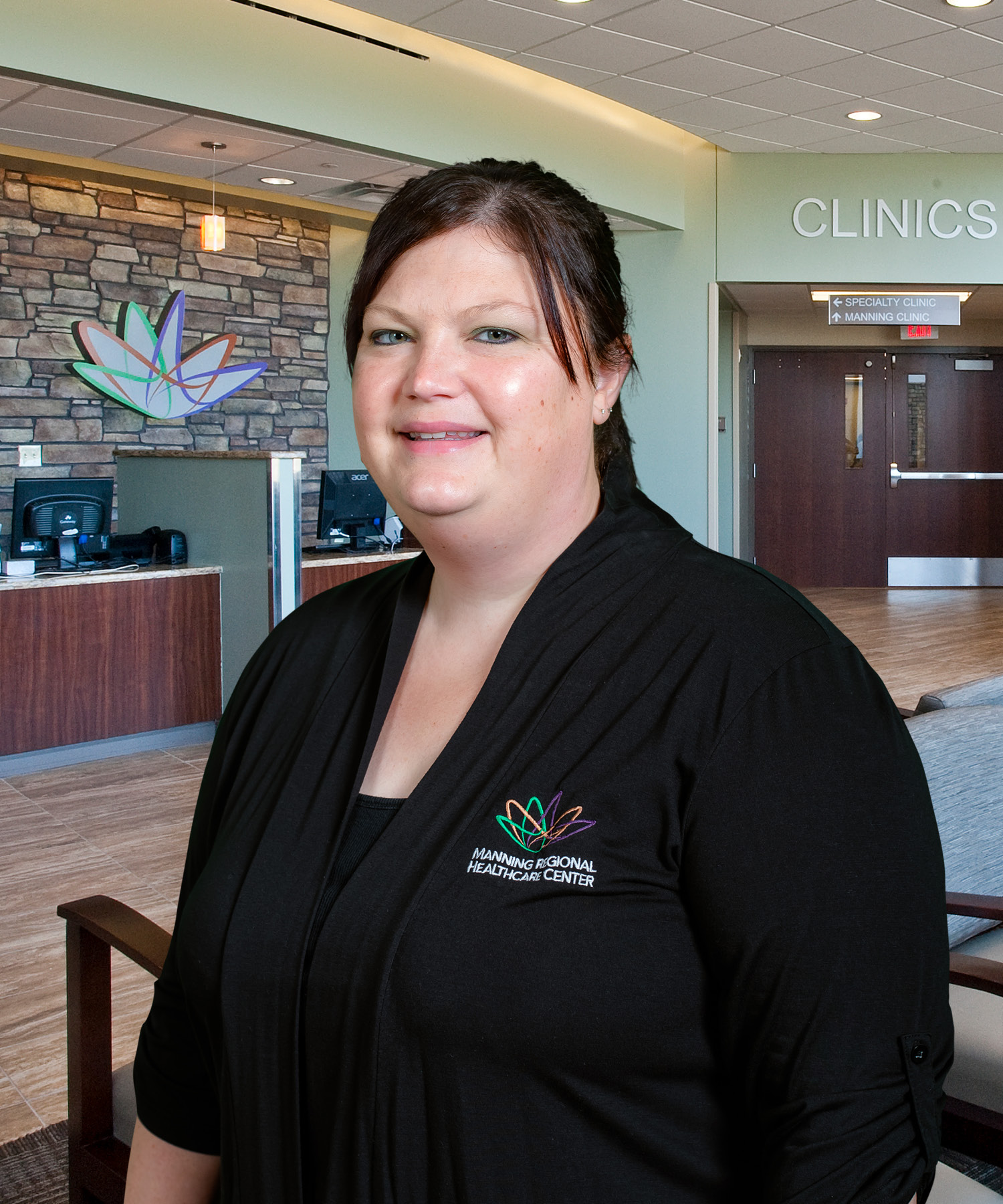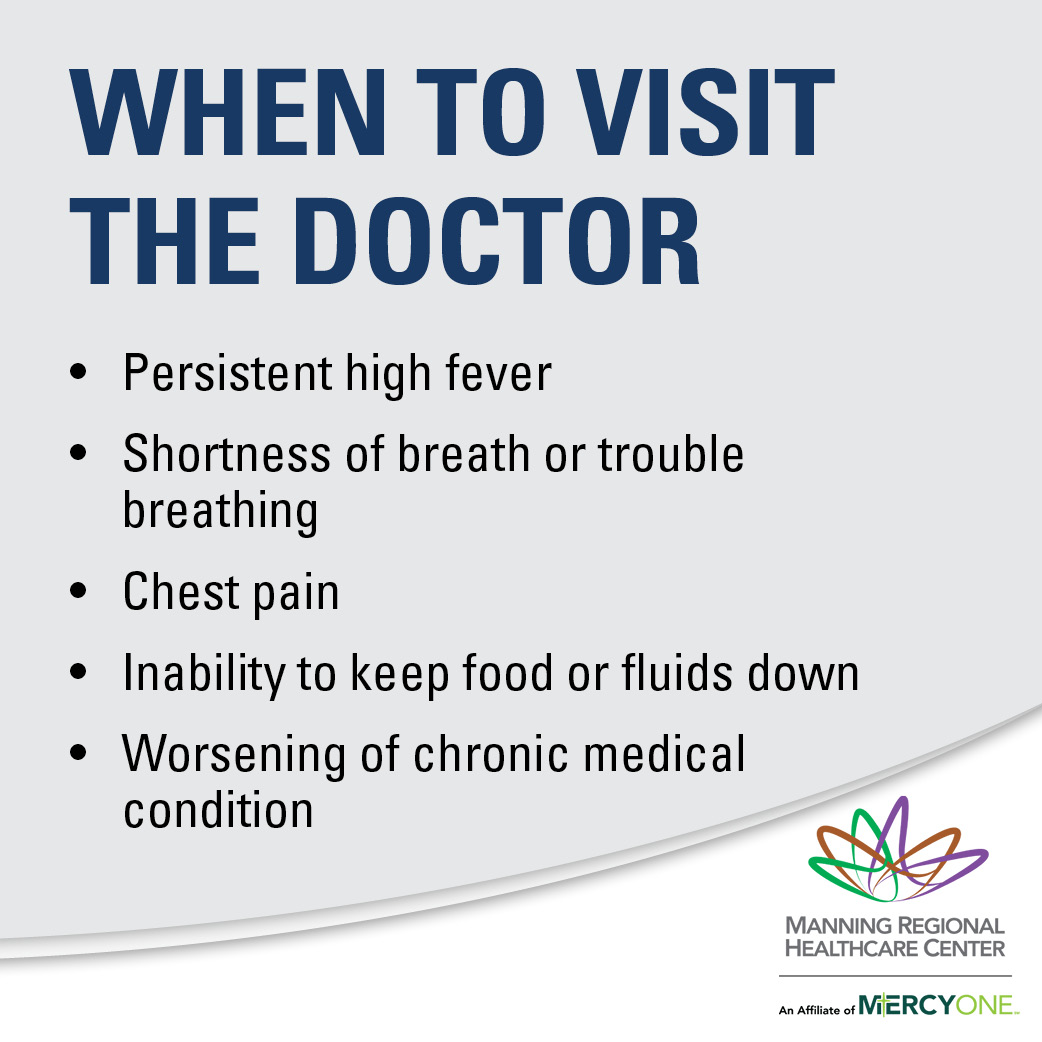At MRHC, one healthcare professional stands out for her dedication, versatility, and commitment to the well-being of both patients and the community. Jill Arp is a nurse whose journey into healthcare began with a passion for caring for others during college as a Certified Nursing Assistant (CNA). Today, she wears multiple hats at MRHC, demonstrating resilience and adaptability, especially during the challenges posed by the COVID-19 pandemic.
“When I worked as a CNA in college, I enjoyed taking care of people and getting to know them. At that point, I changed my college major from elementary education to nursing,” shared Arp, RN, BSN. A pivotal decision that would set the stage for a fulfilling career dedicated to serving others’ health needs.
As the Infection Preventionist, Employee Health Nurse, Disaster Preparedness Coordinator, and Safety and Security Officer, Arp has no shortage of responsibilities at MRHC. Additionally, being a nurse allows her to contribute directly to patient care in different departments as needed. Her work in these pivotal roles not only makes a difference in ensuring patient and staff health and safety, but she also makes a difference community-wide.
“Jill is a compassionate nurse who views patient care on a community level, offering important services to our local businesses to help keep their employees well,” said Chief Nursing Officer, Michelle Andersen, RN, BSN. “Jill’s community leadership in her infection control role was especially instrumental throughout the recent pandemic.”
The onset of the COVID-19 pandemic brought unprecedented challenges for healthcare institutions worldwide, and MRHC was no exception. Arp played a crucial role in guiding MRHC’s response to the pandemic, collaborating with state and local authorities, and ensuring the safety of both patients and staff. Her efforts included extensive education, coordination of vaccination clinics, and participation in regional healthcare coalitions, highlighting her leadership and dedication during times of crisis.
“The pandemic was very challenging; it was like nothing I’ve ever had to deal with before,” Arp reflected. “There was a lot of collaboration with many different people. We experienced so much change, and our staff accepted it all with grace. They were all willing to help other departments, do different jobs, and step out of their comfort zones. Not only during the pandemic, but on a daily basis. I am proud of our staff and how they took care of our patients and found ways to make it all work.”
Collaborative efforts among Arp and other healthcare partners have continued to be instrumental in addressing community health needs. Arp works with Carroll County Public Health on various initiatives to address public health challenges, particularly in promoting preventive measures like flu vaccinations and regular health check-ups.
Arp attributes her ability to thrive in such a busy and demanding role to the supportive and flexibile work environment of MRHC. This allows her to balance her professional responsibilities with her family commitments, showcasing MRHC’s commitment to employee well-being.
“MRHC is a fun and great place to work, especially because of who is part of our team. From the environmental services staff to the doctors, everyone works well together for the best care of the patient,” said Arp. “MRHC is also flexible, and that’s what I need for my family.”
Through collaboration, flexibility, and a shared commitment to excellence, Arp and her colleagues at MRHC continue to make a positive impact on the health and well-being of Manning and its surrounding communities. If you are interested in joining this team of healthcare professionals and helping make a difference in the community, visit www.mrhcia.com/careers or call (712) 655-2072 for more information.

